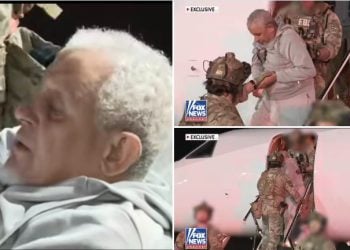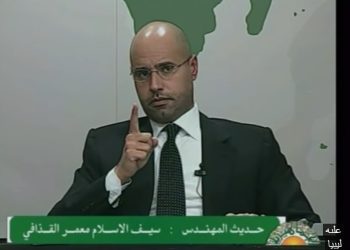By Libya Herald reporter.
Tunis, 25 January 2015:
Political delegates to the UNSMIL-brokered dialogue talks who took part in the first round on . . .[restrict]14-15 January flew back from Tunis to Geneva today for the further discussions starting tomorrow, Monday.
According to one of those taking part, the talks will last for two days and will be followed by a separate round on Wednesday and Thursday involving representatives from Libyan municipalities. Military representatives would then participate. Next week, he added, the political delegates would again meet. Thereafter, further meetings would possibly take place in Libya.
The location of future talks will be just one of the subjects under discussion tomorrow and Tuesday, Imhamed Shouaib, deputy president of the House of Representatives and a delegate, told the Libya Herald. Also under discussion will be how to achieve a ceasefire and details of the confidence building measures discussed at the last session.
There will still be no input from the self-reconstituted Congress. Last Sunday, in what was widely seen as a bid to prevent the process continuing, it said that it would join in the dialogue only if it was held in Libya (and if the rump body was recognised as the legitimate legislature). In response, both UNSMIL and the delegates said that the talks could indeed take place in Libya, providing the location was secure.
But on Wednesday Congress declared that it would not turn up anywhere because of the attack on the Central Bank of Benghazi. In a further attempt to get them to join, UNSMIL then issued a condemnation of the attack, calling for an independent enquiry.
In a statement today, announcing the reconvened talks, UNSMIL appealed to “all the Libyan parties to approach the talks “in a spirit of openness and reconciliation that is guided by the higher national interest of the Libyan people”.
However, no matter what UNSMIL does to encourage Congress to participate will not work, this newspaper was told by a senior official in Tripoli who asked not to be named.
“They will find another excuse not to go,” he insisted. There were two primary reasons, he explained. “They are wholly opposed to dialogue with those they see as their ideological and political opponents and they feel that, being just a handful, they will be intimidated by the other side.”
The decision by the political delegates to go back to Geneva, albeit for just two days, is being seen as a clear message that they will not be dictated to by Congress over the venue. [/restrict]






